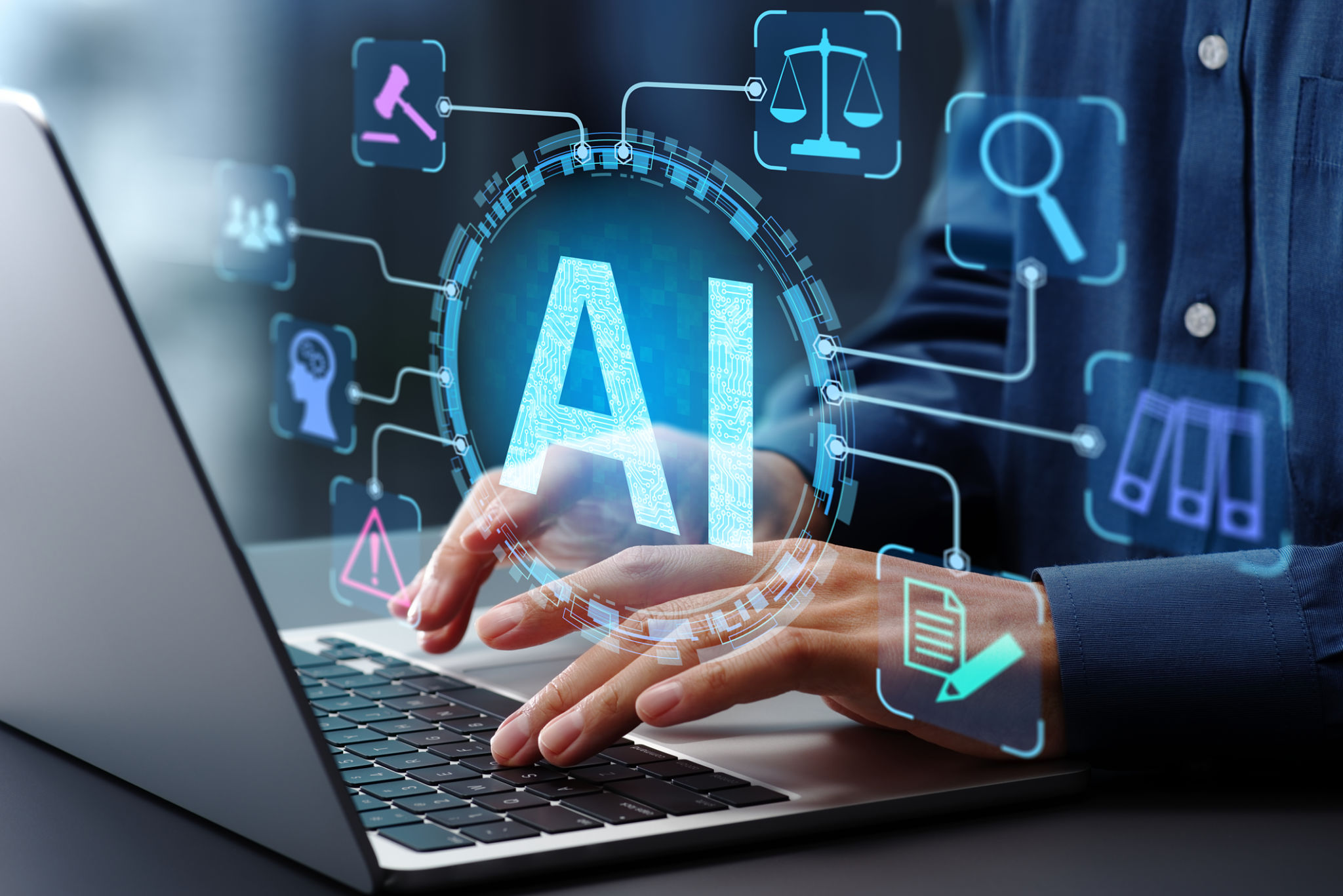AI in Law: Expert Insights on the Future of Legal Practice
The Rise of AI in the Legal World
The integration of artificial intelligence in legal practice is not just a trend — it's a transformative shift reshaping how legal professionals operate. As AI technologies advance, their role in streamlining processes and enhancing decision-making capabilities becomes increasingly significant. Legal professionals are beginning to leverage AI to manage vast amounts of data more efficiently, allowing for a more precise and informed approach to handling cases.
One of the primary benefits of AI in law is its ability to automate repetitive tasks. By doing so, it frees up valuable time for lawyers to focus on more complex areas of their work that require human insight and interpretation. This not only boosts productivity but also reduces the potential for human error.

AI-Powered Legal Research
Legal research can be a time-consuming and labor-intensive task. However, AI-driven tools are revolutionizing this aspect by enabling faster and more accurate research capabilities. These tools can sift through millions of documents in seconds, identifying key cases, statutes, and precedents that are relevant to a particular case. This level of efficiency is unparalleled, making AI an indispensable ally for legal researchers.
Beyond speeding up research, AI also helps in predicting case outcomes by analyzing previous rulings and identifying patterns in judicial decisions. This predictive capability can guide lawyers in strategizing their case approaches more effectively.

Ethical Considerations and Challenges
Despite its advantages, the integration of AI in legal practices raises several ethical considerations. Issues such as data privacy, algorithmic bias, and accountability are at the forefront of discussions. It's crucial for legal professionals to ensure that AI tools are used responsibly and that decisions made by these systems are transparent and fair.
Moreover, there's a growing need for regulations that govern the use of AI in law. Legal bodies must establish clear guidelines to ensure that the deployment of AI is ethical and respects the fundamental rights of individuals involved.
The Future of Legal Practice
The future of legal practice with AI on board looks promising yet challenging. As technology continues to evolve, so too must the skills and competencies of legal professionals. There's an emerging need for lawyers to be technically savvy, understanding not just the law but also the technology that supports their practice.

Law firms are likely to see a restructuring of roles, with new positions emerging that focus on the intersection of law and technology. This evolution will require continuous education and adaptation by those within the profession to remain relevant and effective.
In conclusion, while AI offers numerous benefits in enhancing the efficiency and effectiveness of legal practice, it also demands careful consideration of ethical and regulatory challenges. The legal industry stands on the precipice of a technological revolution that promises to redefine traditional practices and open new avenues for justice and efficiency.
